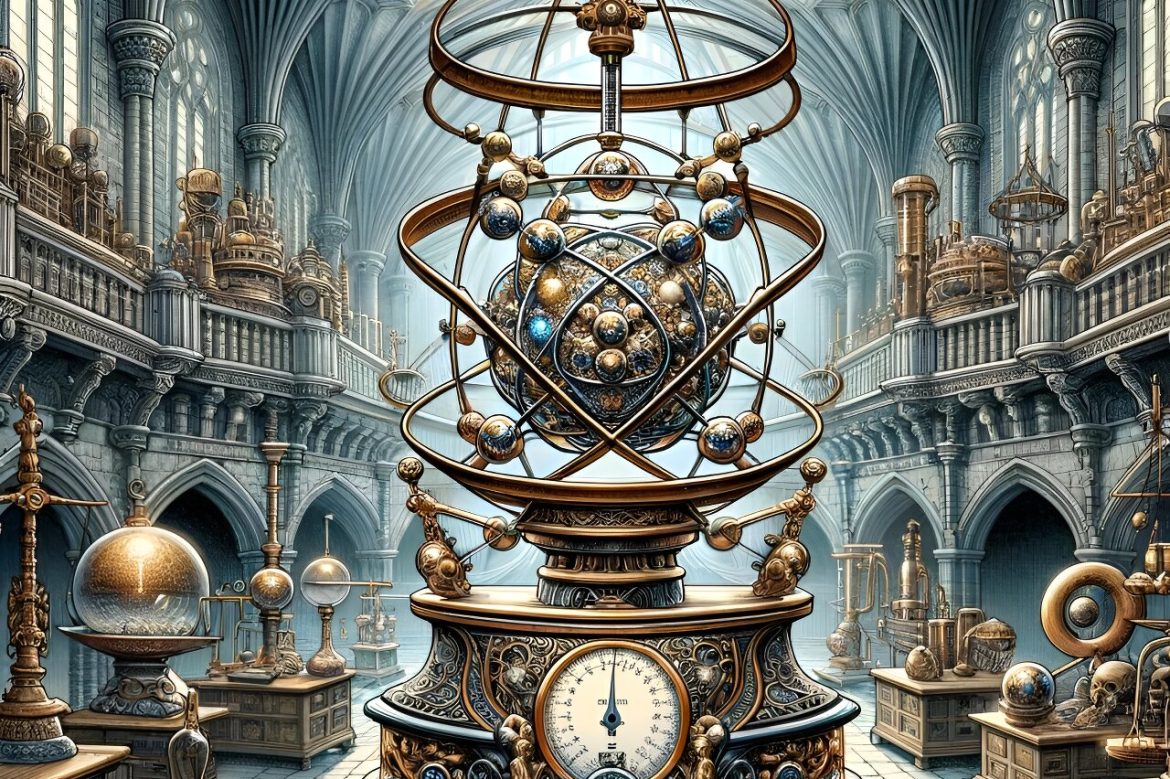
Einstein’s Gravity and Quantum Mechanics
Physicists at University College London (UCL) have proposed a ground breaking theory aimed at reconciling the long-standing conflict between quantum mechanics and Einstein’s general theory of relativity, a conundrum that has puzzled scientists for decades.
While both theories stand individually robust, they diverge in their conceptualization of spacetime. Quantum mechanics treats spacetime as an immutable backdrop, while general relativity posits it as a dynamic structure that flexes in response to mass.
For over a century, scientists have believed that the key to resolving this disparity was to “quantize” gravity. However, Professor Jonathan Oppenheim and his team at UCL have introduced a novel perspective, suggesting that spacetime can remain in its classical nature. Scientists treating gravity classically suggest integrating it with quantum mechanics through a probabilistic mechanism.
In a simultaneous release of two papers, Oppenheim and his team proposes a different approach, termed “postquantum theory with classical gravity.” The first paper proposes that spacetime can exist in a classical state, untouched by quantum principles. Rather than altering spacetime itself, the theory anticipates altering the quantum theory, and predicting disruptions through the fundamental structure of spacetime. This results in more substantial fluctuations in spacetime than conventionally predicted, rendering the precise measurement of object weight unpredictable.
The second paper outlines an experiment designed to test the theory: precise measurement of the weight of a mass and the observation of its temporal variations. For instance, the International Bureau of Weights and Measures in France regularly conducts measurements on a standard 1 kg mass. If the fluctuations in measurements are smaller than the mathematical values predicted by current theory, the new proposition can be ruled out. The post-quantum theory has broader implications beyond gravity, encompassing the problematic “measurement postulate”* in quantum theory. The new theory suggests that there is no need for the problematic measurement postulate by proposing that quantum superpositions spontaneously localize due to their interaction with classical spacetime.
The success of these experiments could significantly contribute to unravelling the fundamental laws of nature, and resolving the longstanding incompatibility between quantum mechanics and general relativity. Despite the inherent challenges, physicists express optimism about the potential for ground breaking insights in the coming decades.
* Defines the basic principles of measurement processes and how they should be interpreted.
REFERENCES
- 1. https://phys.org/news/2023-12-theory-einstein-gravity-quantum-mechanics.html
- 2. https://interestingengineering.com/science/theory-combine-einstein-quantum-mechanics
- 3. https://www.zmescience.com/science/news-science/new-theory-seeks-to-unite-gravity-and-quantum-mechanics/
